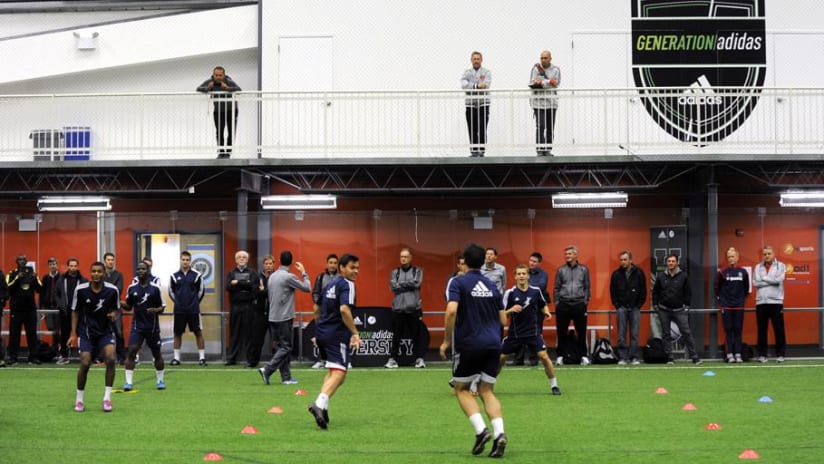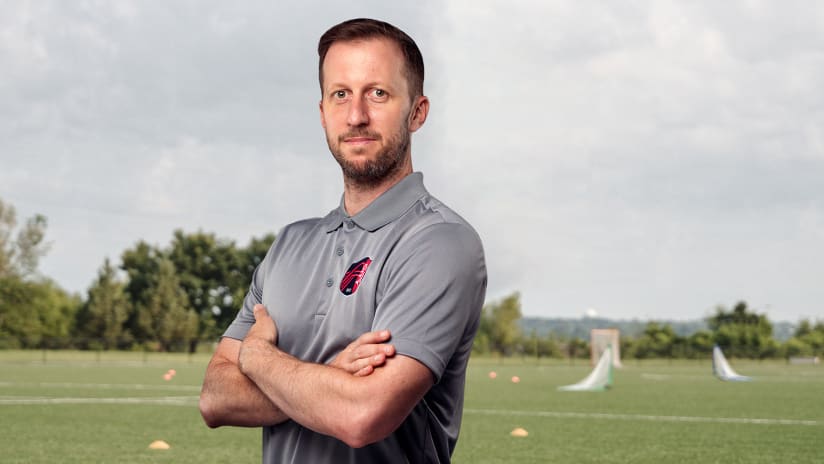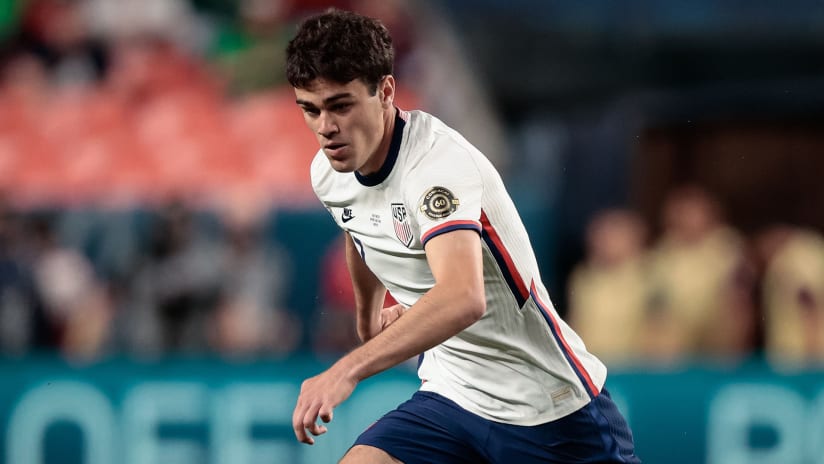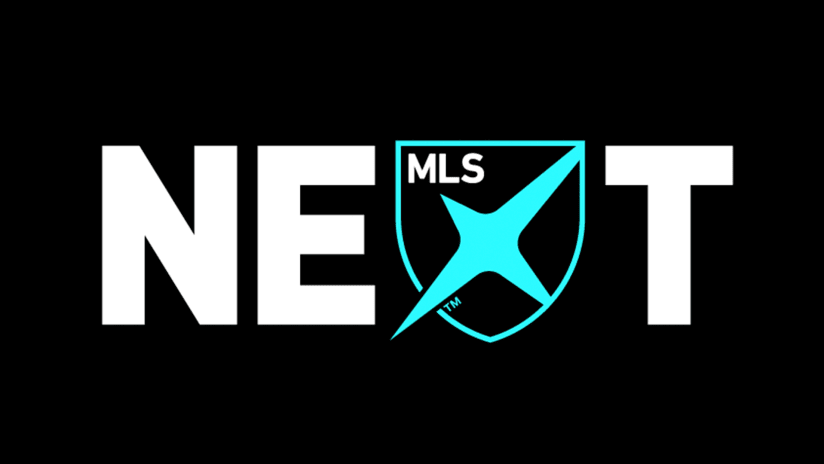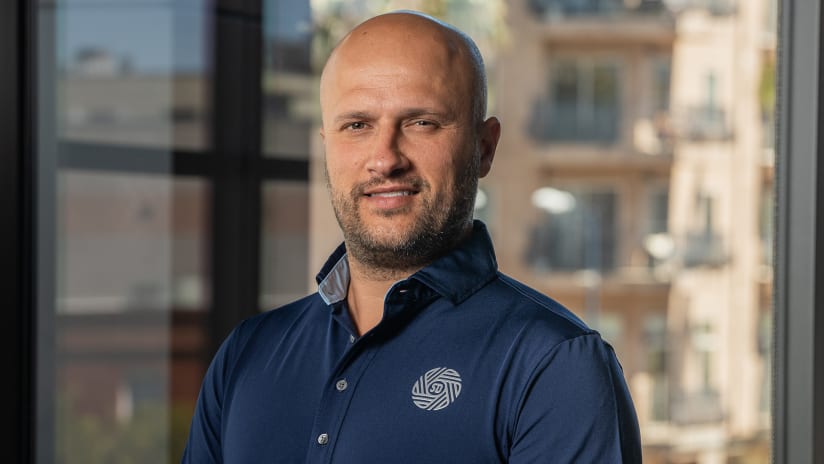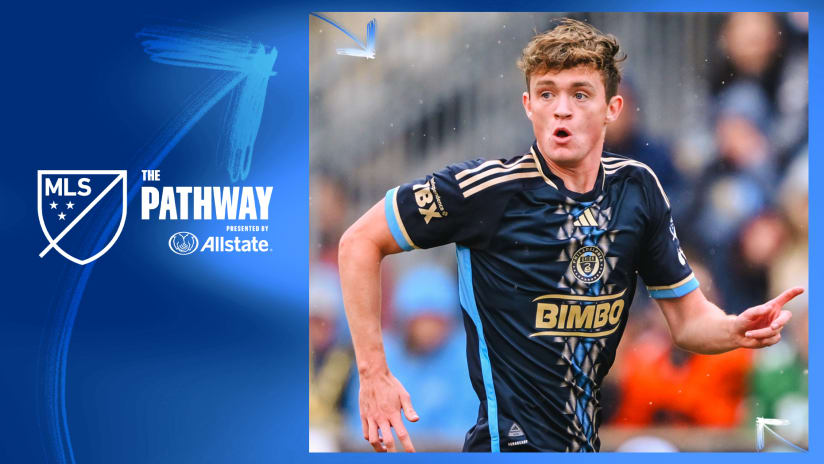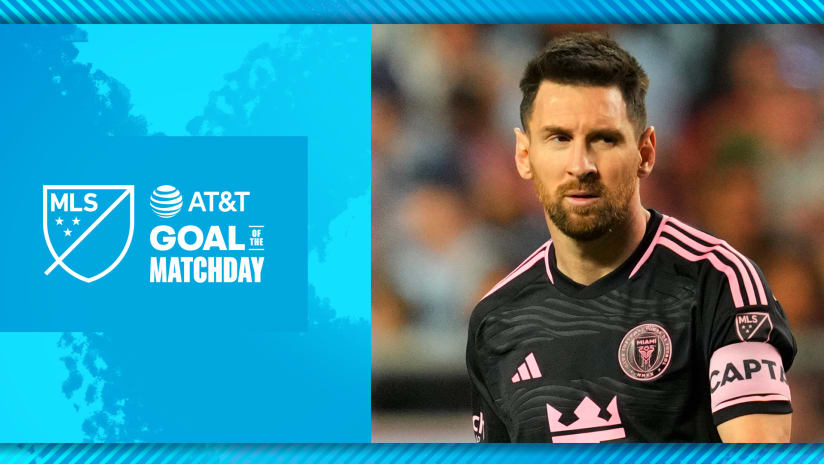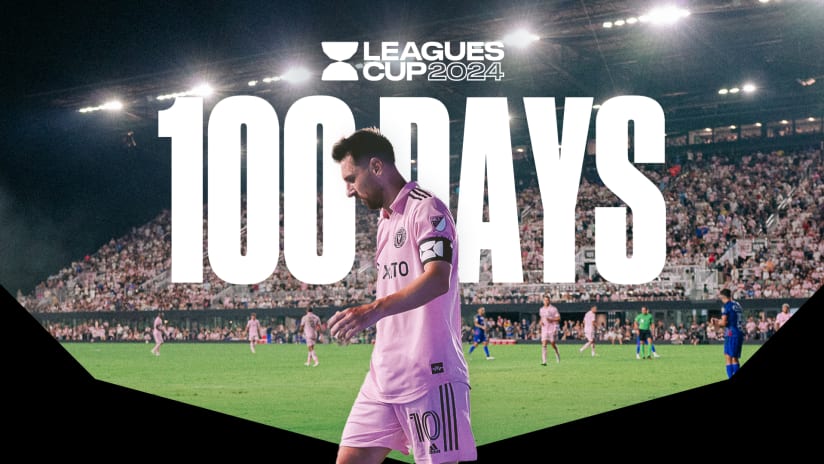FRISCO, Tx. —In the demanding and competitive environment of elite player development, one thing is certain: not every kid is going to turn pro.
Another piece to the evolving and improving landscape of MLS academies is the work teams have put in to help players maximize their potential on the field, while keeping pace in the classroom. For many of the players competing at this week’s Generation adidas Cup, their schooling looks vastly different than their American peers.
Even as teams become more aggressive at signing players to either USL or MLS contracts in their teenage years, college soccer remains the highest level that many of them will reach. In order to keep pushing players on the field, organizations have been doing everything they can to come up with creative academic solutions so that they have options as their future comes into focus.
“Not every one of our players graduates and becomes a first-team player,” Philadelphia Union Academy Director Tommy Wilson told MLSsoccer.com. “Some of them are going to Ivy League schools, some of them are going to the top soccer and educational establishments in the country, so we take it very seriously.”
Helping players tailor their school schedules has become another piece of MLS academy improvement. Philadelphia, Real Salt Lake and LA Galaxy are three examples of teams that operate their own high school. The Union run YSC Academy, which features about half of the players within their setup. RSL opened its own school in February 2018, as part of its new academy complex and training center built in Herriman, south of Salt Lake City. This after operating its academy as a residency program out of Grande Sports Park in Arizona prior to that. The LA Galaxy Academy Academic Program launched in 2015, providing the team’s academy officials with all-day access to its players on the grounds at Dignity Healthy Sports Park to those who enroll.
That structure allows for teams to accommodate players in training sessions with either the USL teams or first teams as they show promise or potential. In fact, the Union have teachers employed by the school who work with the academy players competing in morning sessions near Talen Energy Stadium, which is about a 30-minute drive from the location of the YSC Academy.
This method allows the Union academy players to get in six or seven sessions per week, and as Wilson points out, a crux of helping young talent develop and improve.
“If you think about it, if you’re going to learn anything, repetition is the model of learning," he said. "If you’re going to learn anything, you’re going to have to have the chance to repeat it and to do it properly."
FC Dallas and Sporting KC adopted a slightly different model. Blessed with a talent-rich region, part of the reason that FCD has made the most from its setup is the school schedule they’ve set up for the academy. Partnering with Frisco Independent School District, their Under-19 and Under-17 teams train in the morning, and then go to high school later in the day. Along with that, the morning sessions overlap with the FCD first team and North Texas SC, allowing promising players to be pushed up when deemed ready.
They’ve also struck a deal allowing the younger age groups (Under-14 and 15) to start their junior high school on time. They’ll leave school early, around 1:30 p.m., getting players into training and done by 5 p.m. Not only can more than 100 kids train five days a week, but it also allows for kids pursuing high-level soccer to keep a semblance of balance.
“It gives us a lot of frequency in training opportunities with them, not interfering in their school work, and also there’s a side effect that at 5 o’clock, or in case of the high school kids after school, they can go home, they can eat at home, rest, sleep better, they can study better, their lifestyle is much better than if they were training 3-4 times a week at night,” FC Dallas Vice President of Youth Chris Hayden said.
Connection with a school counselor in Frisco ensures that the students maintain a certain level of behavior and academic achievement.
“We demand that they do well academically, they have to be passing all their classes, a higher standard than that in their state testing,” he said. “Behaviorally, they need to be good students and citizens in the school.”
A similar approach has been adopted in the Sporting KC Academy. According to Academy Director Jon Parry, they spent a year and a half meeting with schools in the region, coming up with a special arrangement to secure an early release for their Under-17s and Under-19s. After getting out around 1 p.m., players can make their way to the training facilities. That allows players to get into sessions with the Swope Park Rangers, pushing their development in that regard.
Things have run smoothly so far, with some academy players combining traditional high schooling with online classes. Players have to remain within a certain academic standing to remain in the mix for playing time as well.
“As long as they are keeping up in school [they are fine], we haven’t had any major issues,” Parry said. “If a kid’s getting behind, we sit him out, do what we can do to get him caught up."
Even as development continues to change and evolve, Hayden reinforces the notion that a big reason for FCD’s success is the approach they’ve taken in the classroom.
“The school district has been, from the beginning of our academy, the most important thing in terms of our success and I would say the second team is probably 1-A right now,” Hayden said. “When you look back on it, I think those two things will continue to help us produce results.”

